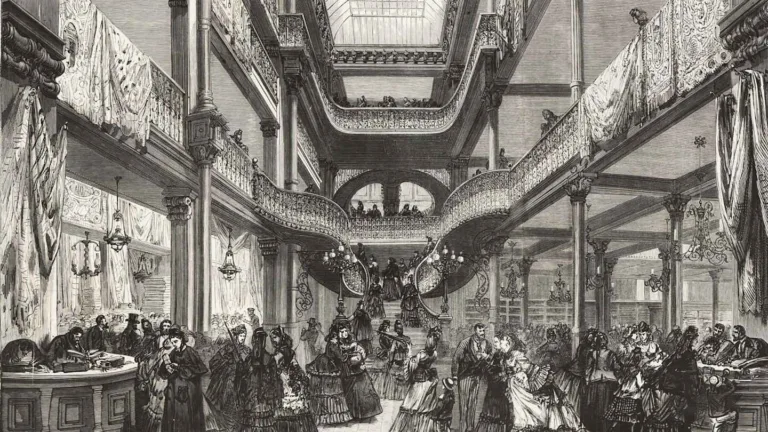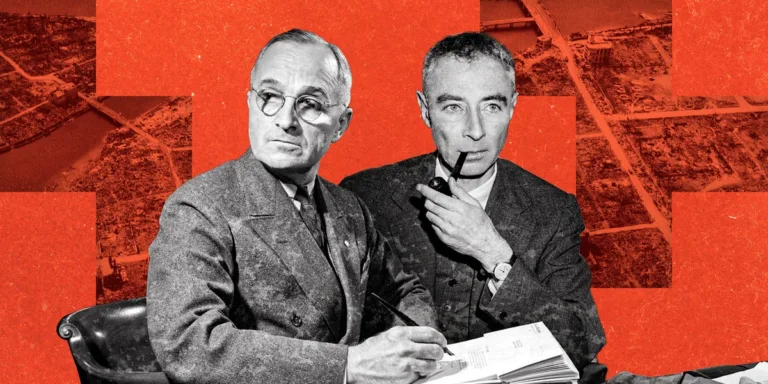The saying “knowledge is power” has become a common phrase, often used to emphasize the importance of learning and understanding. But have you ever stopped to Consider Its origins? This well-known proverb boasts a rich history, stretching back centuries and evolving through Various Interpretations.
Its earliest roots can be traced to the writings of Francis Bacon, who in his philosophical works, imbued it with a religious connotation, emphasizing God’s omnipotence as the ultimate source of knowledge and power. Over time, however, the phrase took on a broader meaning, Transcending Its Religious Origins. Thinkers like Thomas Jefferson championed it as a call for education, highlighting how knowledge empowers individuals to live safer and happier lives.
This shift in perspective reflects the changing role of knowledge throughout history. Once primarily associated with divine wisdom, it gradually became recognized as a tool for individual advancement and societal progress. This evolution continues today, with “knowledge is power” serving as a reminder that learning and understanding are essential for navigating an increasingly complex world.
The Origins Of “Knowledge Is Power”
The proverb’s journey began with Francis Bacon, a prominent English philosopher and scientist of the 16th century. In his influential work, “The Advancement Of Learning,” Bacon explored the nature of knowledge and its impact on human affairs. He argued that knowledge is essential for progress and that acquiring it is a fundamental human endeavor. His writings helped solidify the connection between knowledge and power, laying the groundwork for the proverb’s Future Iterations.
Bacon’s ideas resonated with thinkers across Europe and beyond, shaping the intellectual landscape of his time. His emphasis on empirical observation and scientific inquiry paved the way for the Enlightenment, a period marked by a renewed focus on reason and human potential. It was during this era that the phrase “knowledge is power” Gained Wider Currency, becoming a popular expression in philosophical and political discourse.
Interestingly, Bacon’S Original Intent wasn’t necessarily to equate knowledge with Worldly Power. Instead, he saw it as a means of understanding the natural world and Improving Human Life. However, his focus on knowledge as a driving force for progress inevitably led to interpretations that emphasized its potential for influence and control.
Evolution Of Interpretations
As the centuries passed, the meaning of “knowledge is power” continued to evolve and adapt to Changing Societal Values.
Thomas Jefferson, a key figure in The American Revolution and a champion of education, embraced the proverb as a powerful argument for universal literacy and access To Knowledge. He believed that an informed citizenry was essential for a functioning democracy and that education empowered individuals to Shape Their Own Destinies. His views reflected a growing emphasis on individual agency and self-determination, shifting the focus from purely intellectual power to personal empowerment through learning.
However, not all thinkers agreed with this Singular Interpretation. J.s. Blackie, a Scottish philosopher, and writers for New Scientist magazine questioned the absolute truth of knowledge is power. They pointed out that power often stems from sources beyond intellectual prowess, Such As Wealth, Social Influence, or even physical force. While knowledge undoubtedly holds significant weight, They Argued, it’s not the sole determining factor in wielding power. This critique highlights the complex and multifaceted nature of power itself, reminding us that it can manifest in various forms beyond pure intellect.
 Magic Facts: A Journey Through Historys Enchantments
Magic Facts: A Journey Through Historys EnchantmentsCritiques And Counterarguments
The enduring popularity of “knowledge is power” hasn’t stopped critics from challenging its Absolute Truth. Some argue that it oversimplifies the complex nature of power, which often stems from factors beyond Intellectual Prowess. J.s. Blackie, a Scottish philosopher, famously contended that social standing, wealth, and even physical strength can be more influential than knowledge in shaping outcomes. This perspective highlights the limitations of relying solely on intellect to navigate the world.
Others point out that knowledge itself can be subjective and influenced by biases. What is considered “powerful” knowledge often depends on context, Cultural Norms, and individual perspectives. For instance, specialized knowledge in a particular field might be highly valued within that domain but hold little sway in Other Areas. This nuance reminds us that the value of knowledge is not always objectively measurable and can vary greatly depending on the situation.
Despite these critiques, proponents of “knowledge is power” argue that it remains a valuable Guiding Principle. They emphasize the importance of continuous learning for personal growth, Critical Thinking, and informed decision-making. Ultimately, while the proverb may not capture the full complexity of power dynamics, Its Core message—that acquiring knowledge empowers individuals—continues to resonate with many.
Knowledge In Practical Contexts
The proverb’s impact extends beyond abstract philosophical debates; it has tangible implications in our Daily Lives. Consider the simple act of fixing a broken toaster. While it might seem mundane, possessing that specific knowledge empowers you to rectify the situation independently, saving time and potentially money. This everyday example illustrates how knowledge is power manifests in practical ways, enabling us to solve problems and Navigate Challenges Effectively.
Beyond household chores, specialized knowledge plays a crucial role in various professions. Doctors rely on their medical expertise to diagnose illnesses and provide treatment, engineers use their understanding of physics and materials science to design bridges and buildings, and teachers leverage pedagogical skills to educate and inspire students. In each case, possessing the right knowledge equips individuals to contribute meaningfully to society and Achieve Their Goals.
This practical dimension underscores that “knowledge is power” isn’t just a theoretical concept but a tangible force that shapes our experiences and empowers us to make a difference in the world.
Empowering Through Understanding
The enduring appeal of “knowledge is power” lies not only in its practical applications but also in its ability to foster a sense of personal agency and understanding. Acquiring knowledge expands our horizons, enabling us to see the world through different lenses and appreciate diverse perspectives. It challenges our assumptions, Encourages Critical Thinking, and empowers us to make more Informed Decisions About Our Lives.
This pursuit of knowledge can be Deeply Fulfilling, leading to a greater sense of self-awareness and intellectual curiosity. It allows us to connect with others on a deeper level, Share Ideas, and engage in meaningful conversations. Ultimately, “knowledge is power” reminds us that the journey of learning is not merely about accumulating facts but about cultivating a mindset of lifelong exploration and growth.










